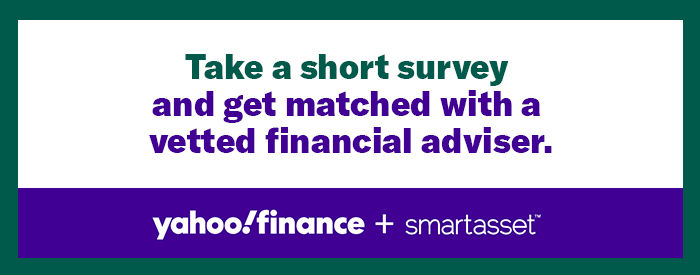Where to exchange your coins for cash

If you have a lot of spare change around your home, at some point, you may want to convert those coins to paper cash.
You’ve probably seen coin conversion to cash machines at the supermarket, and while that’s convenient, as you likely are aware, you’ll pay a commission for that convenience. That may be worth it to you, to exchange your coins for cash, quickly. But if you want all of your coins converted to cash, for free, you do have options.
Where can I change my coins for cash for free?
If you’re hoping to exchange coins for cash without paying a fee, you have a few options:
Banks: Many banks will let you exchange your coins for cash, though you may need to be an existing customer to avoid a fee. Some banks may also require you to do some work beforehand — namely, rolling up your coins in wrappers so they don’t have their tellers spending an hour sifting through a bucket of spare change. However, some community banks have their own self-service coin-sorting machines that allow you to skip this step (most big banks such as Chase and Bank of America have done away with these machines).
Credit unions: Like banks, your credit union may agree to exchange your coins for cash for free if you’re a member. Non-members may have to pay a fee for this service, if offered.
Certain retailers: There’s no telling what sort of response you will get, but if you bring in a bunch of rolled coins, a retailer might be happy to give you cash for your coins. Still, a bank or credit union is your best bet.
Other places to exchange coins (for a fee)
If you can’t find a local bank or credit union willing to exchange your coins for cash, there are a few other places you can do it, often for a fee.
Coinstar
Founded in 1991, Coinstar machines are commonly found in grocery stores, big-box retailers, and other convenient locations. These kiosks will count your coins and exchange them for paper bills — for a service fee. Coinstar fees vary but can be up to 12.5%, plus a $0.59 transaction fee.
Some Coinstar machines offer e-gift cards instead of cash; if you choose this option, you can avoid the fee.
Publix
If you shop at Publix supermarkets, you’ll notice that the store has its own Publix-branded coin-counting machines. These machines count your coins and provide a receipt that you can take to the customer service counter and redeem for cash.
Publix coin-counting fees vary by store, but generally, they charge around 10%.
Store-branded coin-counting machines
You may find some other supermarkets or stores that have their own coin-counting machines. They may charge a fee, though some stores offer the service for free if you redeem the amount for store credit.
What to do with your cash
So once you’ve converted your stash of coins into cash, what should you do with it? Here are some ideas.
Open a high-yield account
After converting your coins into paper bills, you could put that money in a high-yield savings account, money market account, or certificate of deposit (CD). Interest rates on these accounts vary, but some of the top options offer as high as 5% APY.
Say you deposited $250 into a high-yield savings account that earns 5% APY and compounds daily. Over a year’s time, you’d have approximately $263 — your principal deposit of $250, plus $13 in interest.
Sure, $13 doesn’t sound like much, but you’d be off to a good start with your savings. If you started putting a couple hundred dollars into your account every month, the compound interest would start to quickly add up.
Read more: 20 savings accounts that pay 5% APY or higher
Save for a specific purpose
Your $100 or $200 or whatever you’ve saved in coins could go toward something you’re specifically saving for. This type of savings is often referred to as a sinking fund – where you consistently put money aside to go toward a future expense, whether it’s holiday gifts, a vacation, a wedding, or perhaps a down payment on a house.
You might not be in a hurry to send extra cash to creditors, but those coins you traded in could make a big dent in your debt.
For example, let’s say you have a $5,000 personal loan at 10% APR and 36 months to pay it off. Your monthly payment would be about $162.
But now let’s say that you have $200 in coin cash and you use it to make an extra payment on your debt. You’d shave off one month from your repayment timeline and save an additional $68 in interest.
Make a donation
If you collect some cash around your house — money that you didn’t miss and now you’ve got — it might be a fairly painless but very satisfying decision to take your coin cash and donate your money to a charity.
You may also be able to deduct the contribution on your taxes. To do so, you’ll need to itemize your taxes using Schedule A. The donation must also be made to a qualifying 501(c)(3) organization.
Invest it
You can also use your coins to invest in the stock market, which can result in much greater gains than you’ll get with a savings account. If you’re investing for retirement, consider making an extra contribution to your individual retirement account or 401(k) and help fund your future.
Not sure how to get started with investing? A financial adviser can help you devise a strategy and choose the right investments to reach your goals.
Finding a fiduciary financial adviser doesn't have to be hard. SmartAsset's free tool matches you with up to 3 financial advisers that serve your area in 5 minutes.
Breaking news
See all






